A major change and outstanding progress of Resolution No. 72-NQ/TW is the shift from passive treatment to active disease prevention. Requiring 100% of commune-level health stations to be synchronously invested in facilities, equipment and human resources, with the goal of having at least 4-5 doctors per station by 2027 will help people access services right at their locality instead of rushing to higher-level hospitals.
In particular, from 2026, all people will receive regular health check-ups or free screening at least once a year. Along with that, electronic health books will be deployed, monitoring the entire health cycle of each person. This is a breakthrough step, not only helping to detect diseases early, reducing long-term treatment costs, but also contributing to raising awareness of self-health care in the community. Choosing April 7 every year as "National Health Day" is also a notable initiative, aiming to promote the movement of physical exercise and form a culture of healthy living. From 2026, there will be a roadmap for free basic hospital fees within the scope of health insurance. This important new point helps people, especially vulnerable groups, to have more equitable access to services, reducing financial burden...
Another breakthrough is the policy on medical human resources. The Resolution affirms that the medical profession is a “special profession” and must be trained, employed and treated specially. Doctors and pharmacists will be ranked from level 2 in salary; medical staff at commune health stations and preventive medical facilities will have their preferential allowances increased by 70%-100%, especially in remote areas. This is the first time a Party document has introduced such a specific preferential policy, demonstrating an understanding of practical difficulties and a commitment to improving the working environment of the medical team.
Resolution No. 72-NQ/TW can be considered a historic document, because of its great strides in both thinking and solutions, demonstrating the Party's strong commitment to building a modern, equitable and sustainable healthcare system. However, to bring these commitments into life, it requires synchronous coordination from all levels, sectors and the proactive participation of the whole society.
Source: https://www.sggp.org.vn/cham-soc-suc-khoe-cong-dong-post813170.html




![[Photo] General Secretary To Lam chairs the meeting of the Central Steering Committee on preventing and combating corruption, waste and negativity](https://vphoto.vietnam.vn/thumb/1200x675/vietnam/resource/IMAGE/2025/9/29/fb2a8712315d4213a16322588c57b975)

![[Photo] General Secretary To Lam receives Chairman of the State Duma of the Russian Federation Vyacheslav Volodin](https://vphoto.vietnam.vn/thumb/1200x675/vietnam/resource/IMAGE/2025/9/29/3814a68959e848f586178624b6bd66e5)

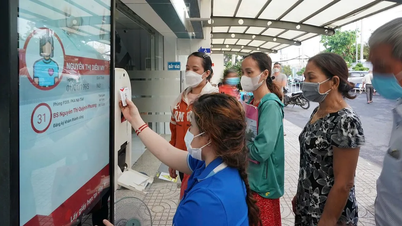
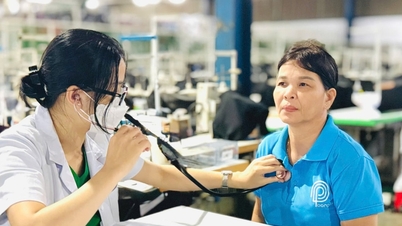









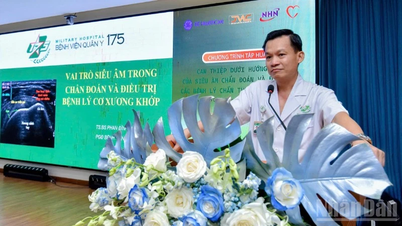












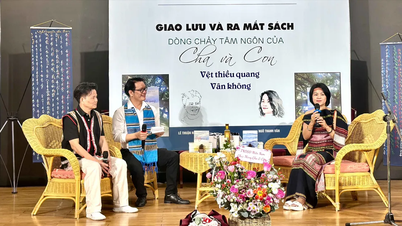



























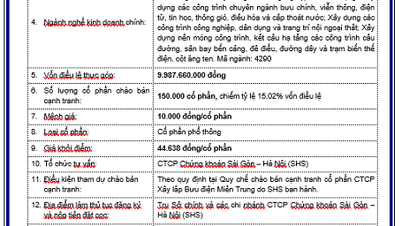





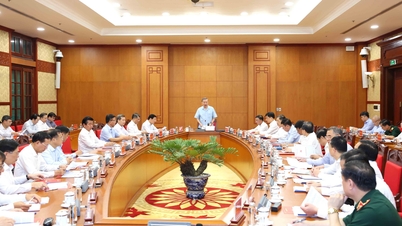



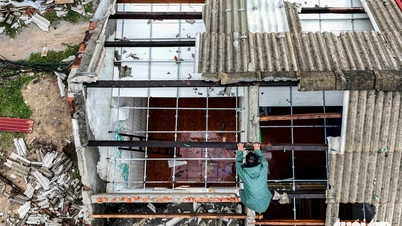


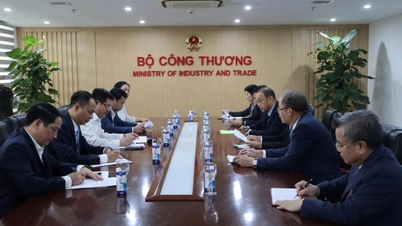





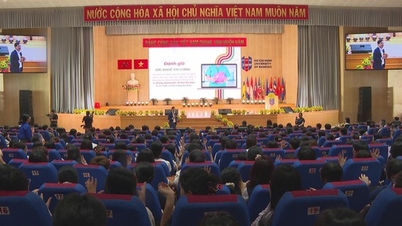


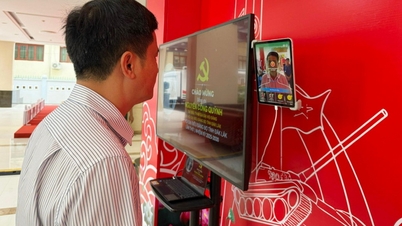


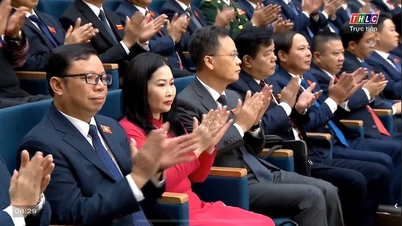

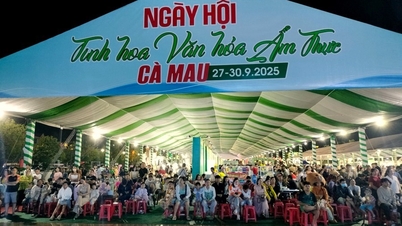









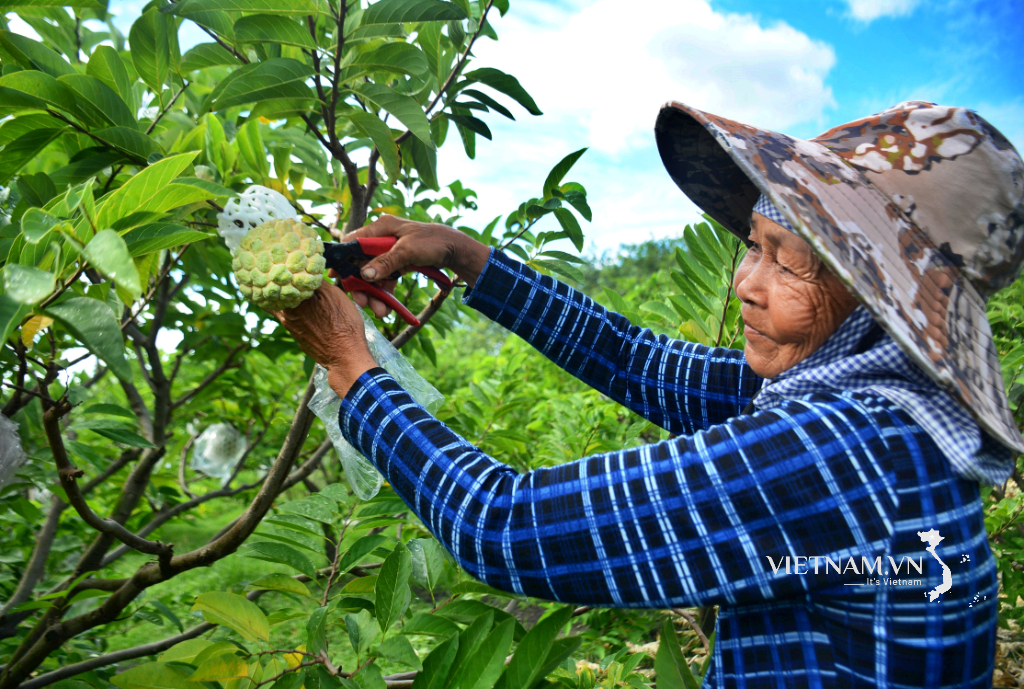
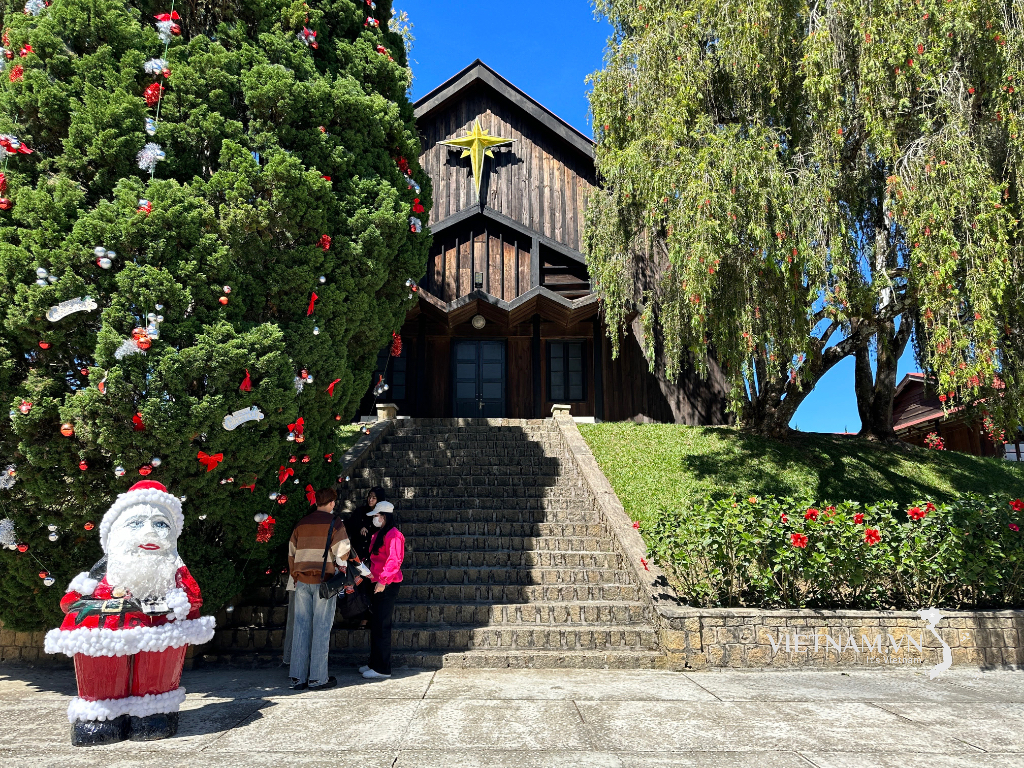


Comment (0)